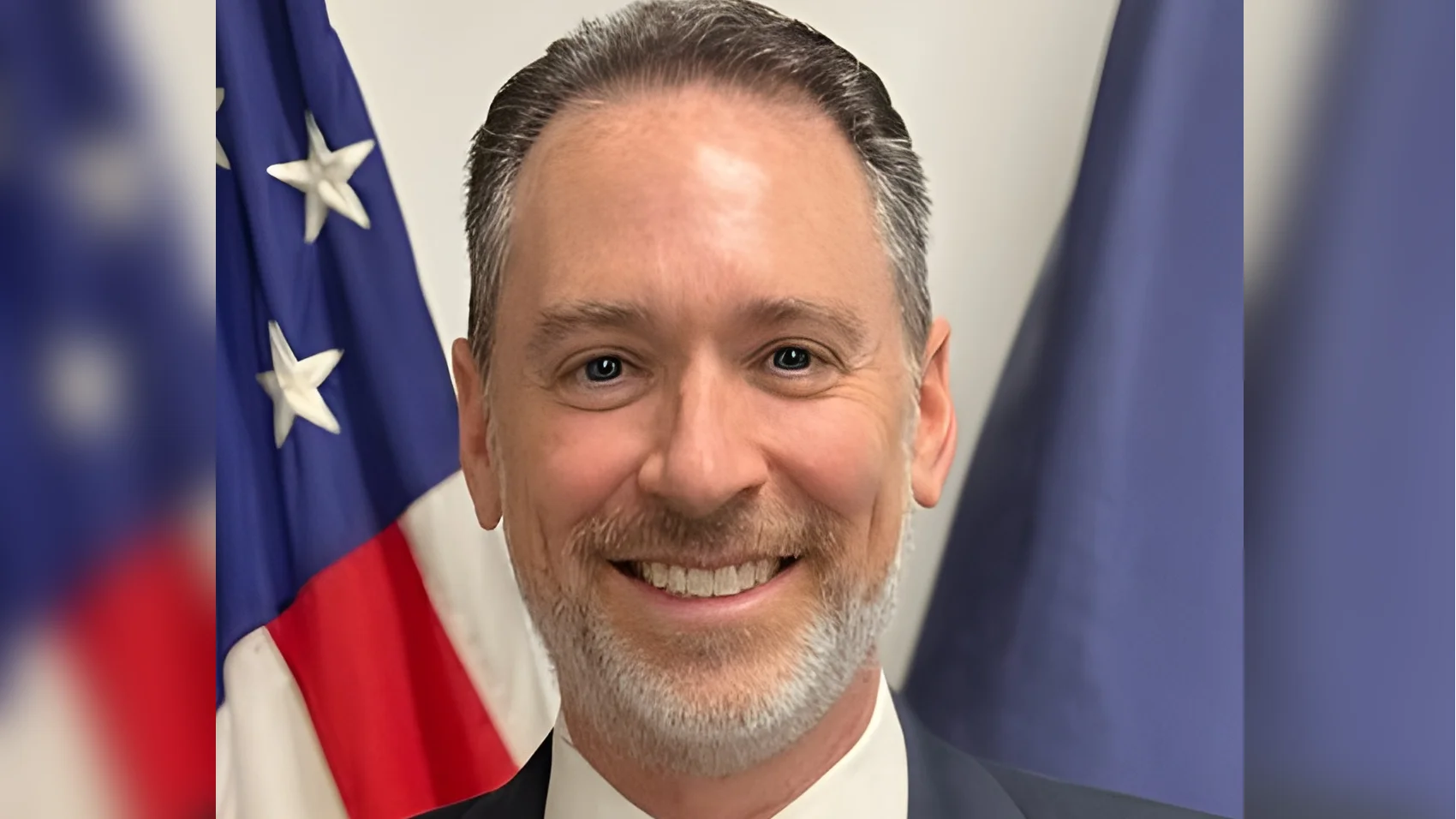About a week ago, severe flooding caused by the remnants of Typhoon Halong struck Alaska’s western coastline. The disaster led to at least one confirmed death and left over 1,500 people without shelter, food, or clean water. Rescue operations have been ongoing to help those affected.
Authorities warn that disasters often attract fraudsters who try to exploit both victims and those seeking to donate. Michael J. Heyman, United States Attorney for the District of Alaska, stated: "As a warning to fraudsters thinking of targeting our flood victims, such people should know that Title 18 United States Code, Section 1040, punishes those who commit fraud in connection with major disaster and emergency benefits with up to 30 years in federal prison and that we will aggressively investigate and prosecute such criminal conduct."
The National Center for Disaster Fraud (NCDF) was established through a partnership between the Department of Justice’s Criminal Division and other agencies. Its mission is to detect, prevent, investigate, and prosecute fraud related to disasters.
Criminals may use various tactics such as phishing—deceiving individuals into providing personal or financial information—or spoofing phone numbers and websites to appear as trusted organizations. According to Heyman: "Experience has shown that criminals exploit disasters for their own selfish gain by sending fraudulent communications through email or social media and by creating deceiving websites designed to solicit contributions. These fraudsters will engage in phishing, which involves deceiving individuals to provide their personal identifiers, credit card numbers, and bank account information. They will also engage in spoofing, which involves disguising their own phone numbers and websites to appear as being from known and trusted entities such as federal relief agencies and non-profit organizations to fraudulently obtain funds."
Heyman further warned: "I unfortunately expect that criminals will target flood victims and individuals wanting to make charitable contributions to those victims." He listed common scams reported after disasters:
- Fake charities soliciting donations using familiar names or plausible causes.
- Impersonators claiming government or insurance affiliation requesting money or personal data.
- Fraudulent offers for investments in recovery businesses.
- Price-gouging on essential goods or services.
- Theft from evacuated properties.
To avoid becoming a victim of disaster-related fraud:
- Donate only after contacting reputable charities directly; research them via sites like www.Give.org, CharityNavigator.org, and CharityWatch.org.
- Do not click links in unsolicited emails or messages.
- Be cautious about online solicitations.
- Use credit cards or checks for donations; avoid cash payments or wire transfers.
- Verify contacts claiming government or insurance ties by calling official numbers.
Victims or those targeted by scams are encouraged to report incidents to law enforcement: contact the NCDF at (866) 720-5721 or online at www.justice.gov/DisasterComplaintForm; the FBI at 1-800-CALL-FBI; tips.fbi.gov; or the Internet Crime Complaint Center at ic3.gov.
"Michael J. Heyman
United States Attorney
District of Alaska"





